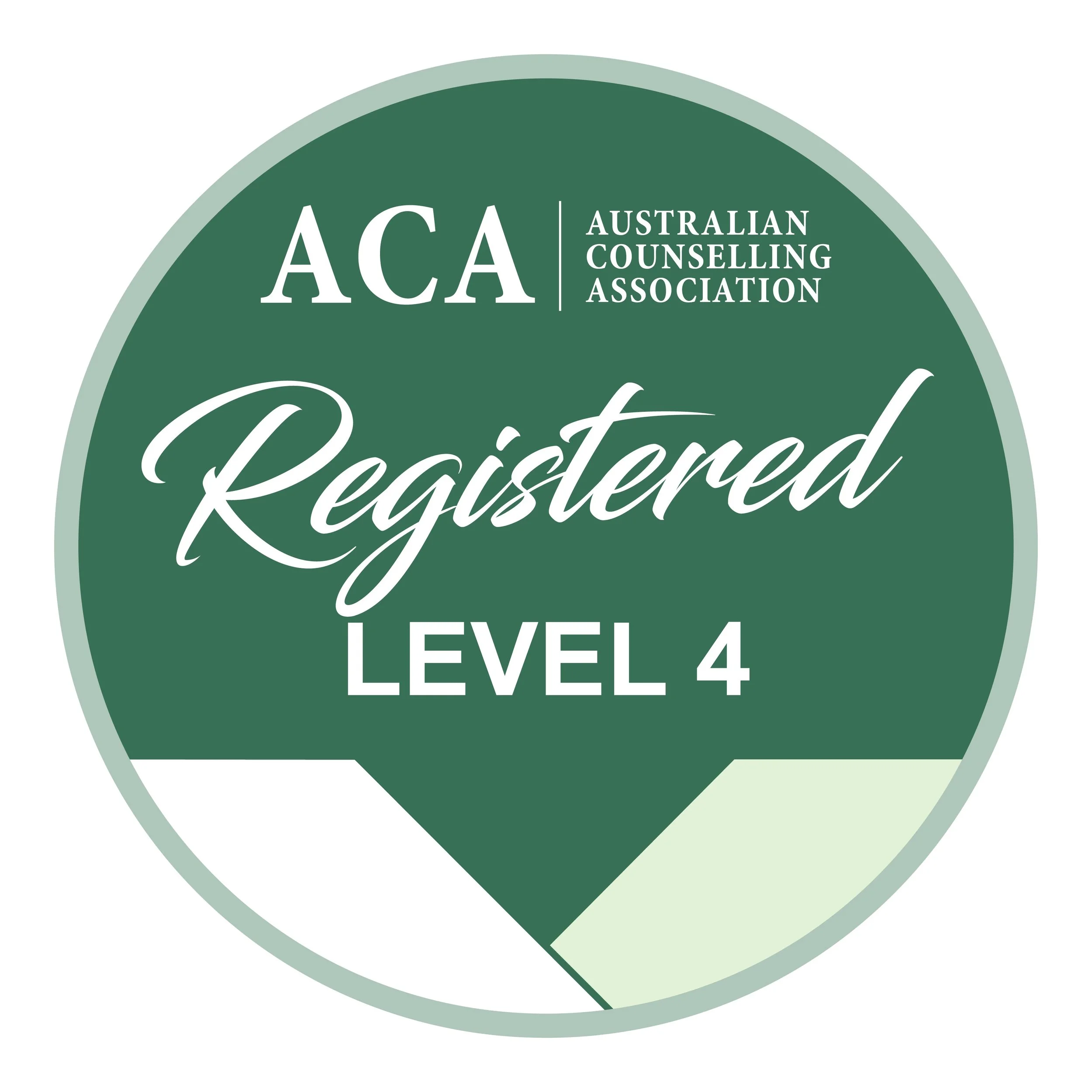
Relationship Counselling
A caring safe and friendly environment can create a sense of well being
Relationship counselling provides a safe space for couples or individuals in relationships to resolve conflicts, improve communication, and strengthen their emotional connection. It’s good to argue and let it all out because when you stop arguing in a relationship, it means that you have stopped caring.
Learn how to express productively and turn your arguments into co-operative disclosures about vital wants and needs.
Why Relationship and Marriage Counselling Matters:
Healthy relationships contribute to longevity and well-being.
Relationship struggles can harm self-esteem and life satisfaction.
Counselling can help couples overcome issues and build stronger bonds.
What Relationship Counselling Can Help With:
Improving communication
Managing conflicts
Coping with stressors
Increasing intimacy
Addressing trust issues, infidelity, and financial problems
Blended family dynamics and more
How Relationship Counselling Works:
Counsellors form a collaborative alliance with couples.
They identify key areas for change and provide practical tools.
Evidence-based techniques like Emotionally-Focused Couples Therapy (EFT-C) and Integrative Behavioural Couples Therapy (IBCT) are used.
Benefits of Marriage Counselling:
Breaking entrenched patterns and learning new ways to communicate.
Rebuilding trust and intimacy through honest, respectful communication.
Developing conflict resolution skills and deepening the attachment bond.
Long-term reductions in marital distress, anxiety, and conflict.
Increased sexual and relationship satisfaction.
Common Marital Issues Addressed in Counselling:
Communication and trust issues
Infidelity (emotional and physical)
Parenting concerns
Financial and household management stressors
Loss of connection and intimacy
Blended family issues
Divergent values and life goals
Controlling or abusive behaviour
Mismatched libidos and sexual difficulties
Mental health issues, trauma, and chronic health problems
Substance use
How Marriage Counselling Works:
Addressing underlying points of disconnect.
Cultivating a sense of curiosity and understanding.
Fostering a common sense of purpose and reconciliation.
Equipping couples to deal with future crises together.
Divorce Counselling:
Minimizing harm and maximizing goodwill during separation.
Benefiting partners' well-being, families, and children.
Providing professional guidance during a major life stressor.
"The curious paradox is that when I accept myself just as I am, then I can change,"…………..Carl Rogers
Well Being:
The state of being comfortable, healthy, or happy.






